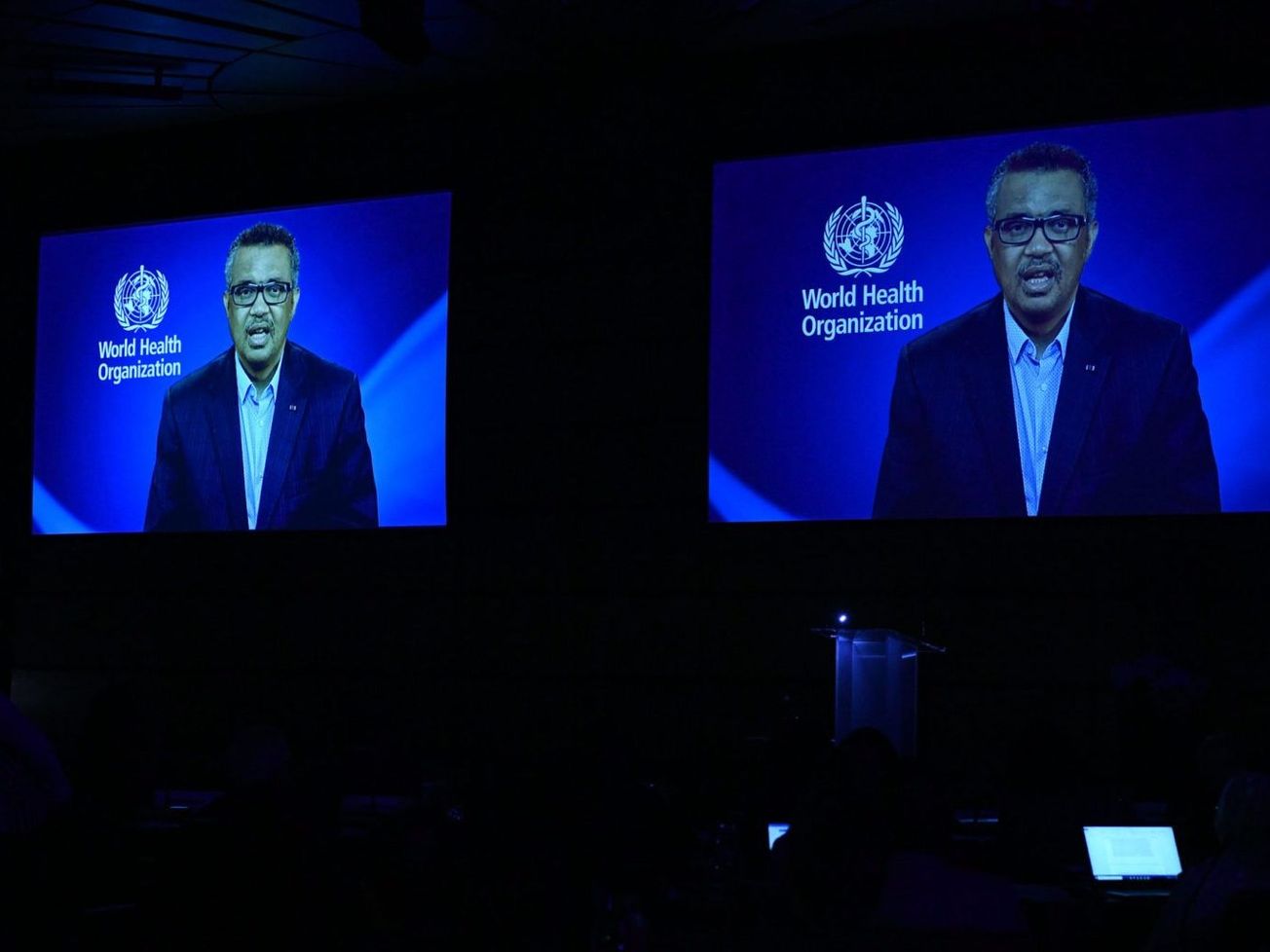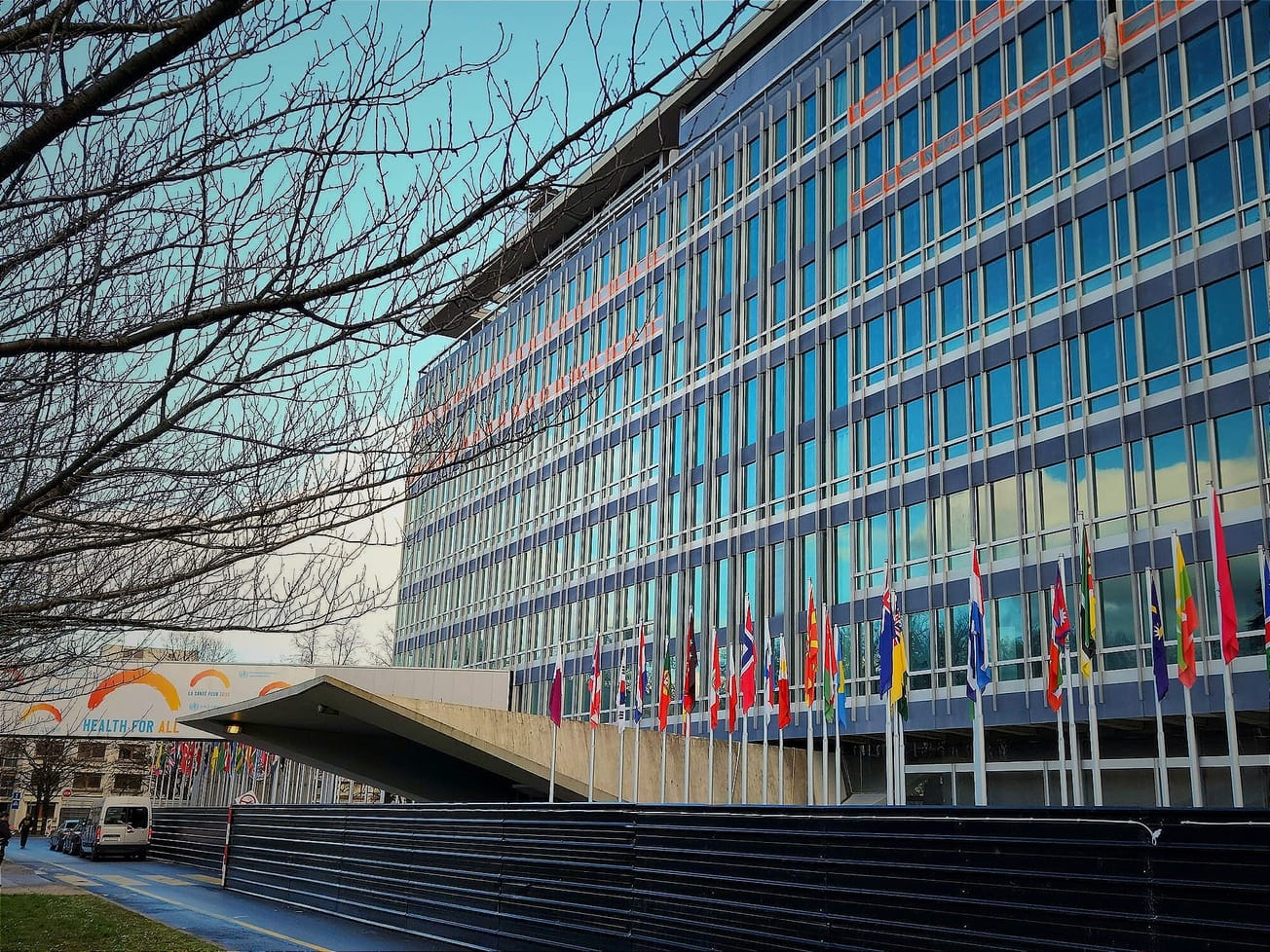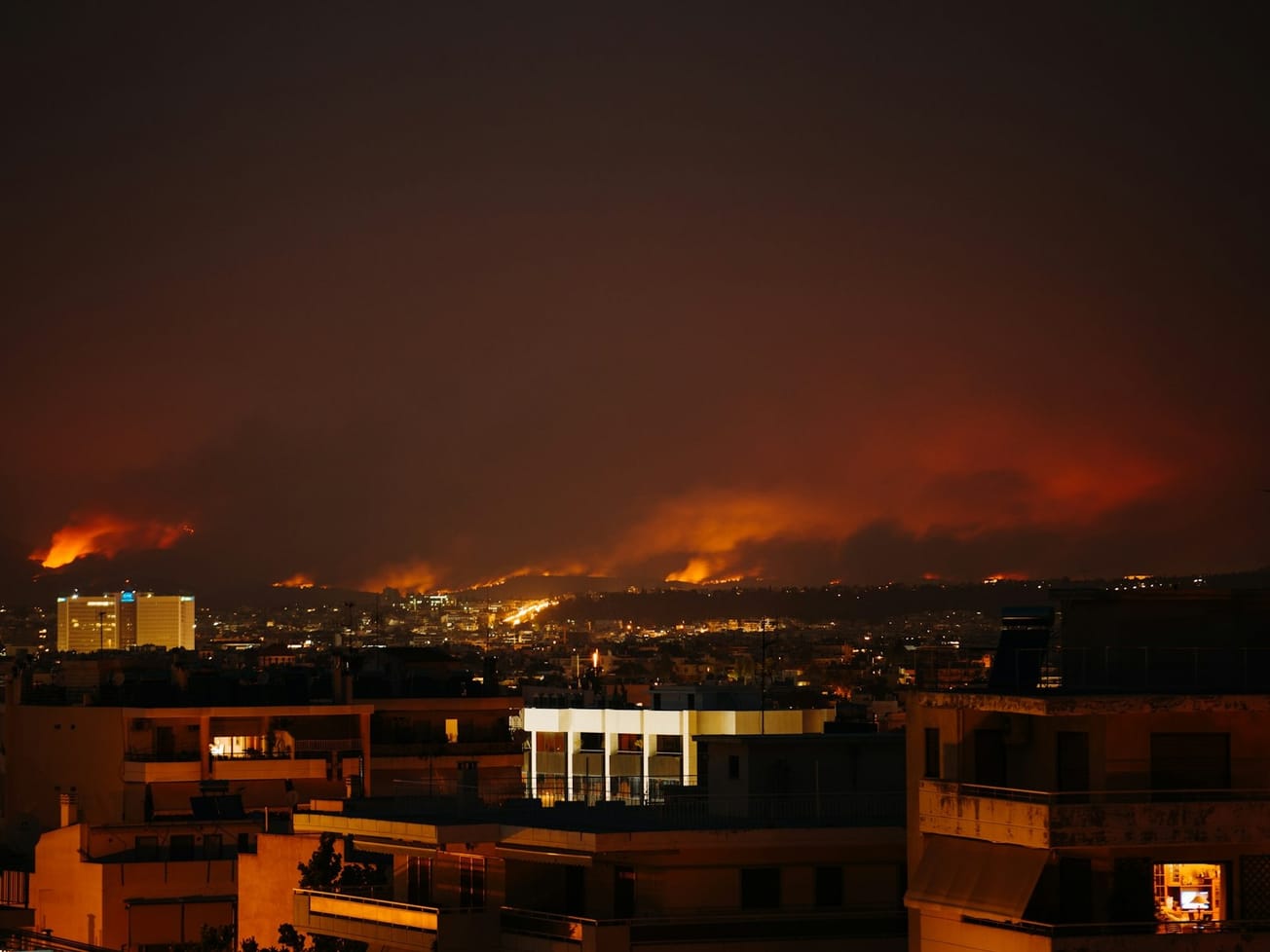GENEVA (AN) — The World Health Organization declared it considers the coronavirus outbreak to be a global health emergency on Thursday, after the epidemic first detected in China spread to 7,800 confirmed cases and 170 deaths.
Based on a meeting of its emergency committee for such outbreaks, the U.N. health agency classified the outbreak of the novel coronavirus, known as 2019-nCoV, as an “extraordinary event” that represents a risk to nations other than China and requires a coordinated global response.
"In line with the need for global solidarity, the committee felt that a global coordinated effort is needed to enhance preparedness in other regions of the world that may need additional support for that," the committee said in a statement.
That is because the outbreak caused by a new virus first detected in the central Chinese city of Wuhan has now spread to almost two dozen countries and the number of cases is 10 times greater than just a week ago.
China first alerted WHO to the virus in late December, and since then 18 nations have reported cases. Health scientists still do not know the severity of the virus or exactly how it spreads.
"We don’t know what sort of damage this 2019nCoV virus could do if it were to spread in a country with a weaker health system," WHO's director-general, Tedros Adhanom Ghebreyesus, said after an emergency meeting in Beijing.
"We must act now to help countries prepare for that possibility," he said. "For all of these reasons, I am declaring a public health emergency of international concern over the global outbreak of 2019nCoV."
As of Thursday, WHO said, China's government was reporting that it had documented 170 deaths from the virus along with 7,711 confirmed and 12,167 suspected cases. Among the confirmed cases, it said, 1,370 were severe while 124 people had recovered and were discharged from a hospital.
Elsewhere, it said, the outbreak has spread to 83 cases in 18 countries such as Canada, France, Germany, Japan, South Korea, the United States and Vietnam — including cases involving seven people who had not traveled to China — and there have been isolated instances of human-to-human transmission in China and three other nations, including one severe case.
“The main reason for this declaration is not because of what is happening in China but because of what is happening in other countries,” said Tedros. “Our greatest concern is the potential for this virus to spread to countries with weaker health systems which are ill-prepared to deal with it.”
https://twitter.com/WHO/status/1222975718424043520?s=20
'WHO's highest priority'
The outbreak of the new coronavirus has now sickened more people in China than during the outbreak of another coronavirus, SARS, or severe acute respiratory syndrome, which killed 774 people and infected 8,098 between November 2002 and July 2003.
The United States and South Korea each confirmed one case in which there was person-to-person spread of the virus. The U.S. case involves the husband of a woman who became sick from the virus after returning from Wuhan. The South Korean involves a man who was in contact with someone diagnosed with the virus.
A German case involved a man who became ill due to office contact with a Chinese co-worker from Shanghai whose parents had visited Wuhan. A Japanese case involved a bus driver for two tour groups from Wuhan.
Russia closed its border with China; Mongolia and North Korea already have done so. China said its Lunar New Year holiday would be extended to Sunday in an attempt to keep people from traveling.
Numerous airlines cancelled flights to China despite Tedros saying "there is no reason for measures that unnecessarily interfere with international travel and trade." The virus is believed to have spread to people from wild animals sold at a Wuhan market. China banned trade in wild animals and advised people to stop eating their meat.
Last week, WHO decided after two days of talks the outbreak did not yet rise to the level of a public health emergency of international concern. Such a designation is typically used to fast-track more international research and action.
But on Tuesday, Chinese officials agreed to allow international experts from the United Nations health agency to enter the country as soon as possible and join in efforts to combat a coronavirus outbreak that has killed more than 100 people.
Tedros also met in Beijing with China's President Xi Jinping to help "guide global response efforts." China will defeat the “devil” coronavirus, Xi said at Tuesday's meeting with Tedros, according to Chinese state media. “The epidemic is a devil," Xi was quoted as saying. "We cannot let the devil hide."
Tedros was joined at the meeting by senior WHO and top Chinese officials. China's government has cut off access to Wuhan and other cities in Hubei province to bar citizens from leaving and spreading the virus, an extraordinary measure keeping more than 50 million people in a lockdown.
China's National Health Commission expressed confidence it could respond and manage respiratory disease outbreaks, partly through containment of the disease in Wuhan, a city of 11 million inhabitants.
Tedros said China's top leadership was treating the outbreak in a serious and transparent manner, and has been sharing data and genetic sequence of the virus with international health officials. “Stopping the spread of this virus both in China and globally is WHO’s highest priority,” he said in a statement. "WHO is working closely with the government on measures to understand the virus and limit transmission."








